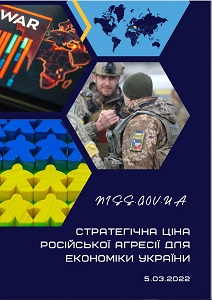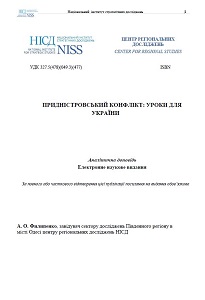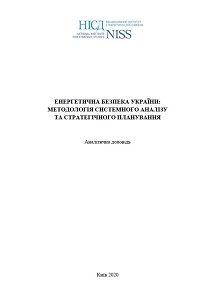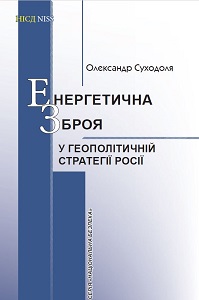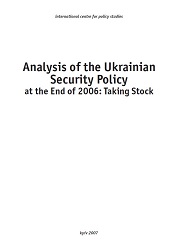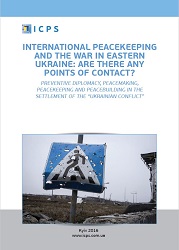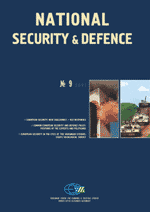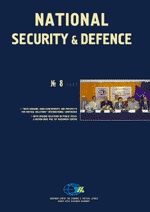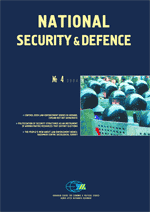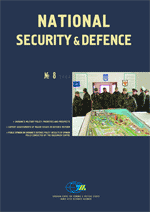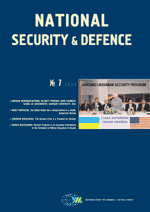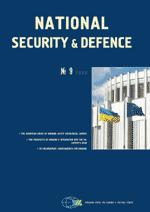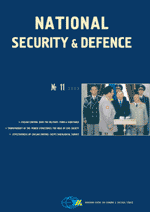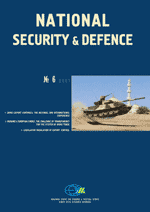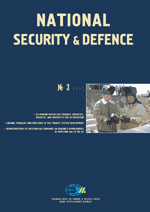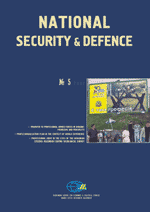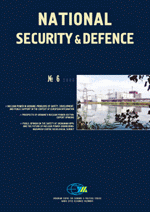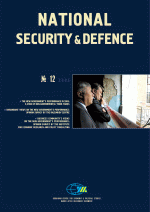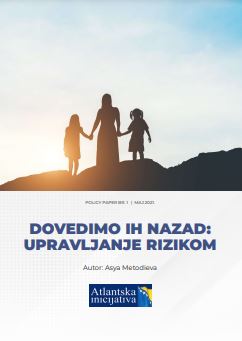Author(s): Asya Metodieva / Language(s): Bosnian
Lokalni i međunarodni mediji neprestano prenose priče o ljudima koji se ne mogu vratiti kući iz sirijskih kampova nakon što su se prije nekoliko godina pridružili Islamskoj Državi (IS). Ove priče upućuju na sigurnosnu dilemu s kojom se moraju nositi evropske vlade: kako upravljati rizikom? Zabranjivanjem povratka državljana IS u domovinu i nepreuzimanjem odgovornosti za njih, ili pak njihovom repatrijacijom i krivičnim gonjenjem? I balkanske zemlje se u proteklih nekoliko godina suočavaju s istom dilemom. Preko 1000 muškaraca, žena i djece iz ove regije otputovalo je u Irak i Siriju u periodu između 2012. i 2016. godine (vidi Tabelu 1.). 1/3 je poginula, 1/3 se vratila, a 1/3 je još uvijek tamo. U februaru 2021. godine, eksperti za ljudska prava UN-a su ponovo pozvali države da izvrše repatrijaciju svojih državljana iz kampova na sjeveroistoku Sirije. Dvije godine nakon poraza “kalifata” IS u Siriji i više od tri godine nakon pada posljednje teritorije IS u Iraku, 13.500 strankinja i njihove djece i dalje su u kampovima pod kontrolom Sirijskih demokratskih snaga (SDF). U zatvorima u Siriji se nalazi i 2.000 stranih boraca. Teško je procijeniti tačan broj stranih terorističkih boraca (FTF), jer neki imaju dvojno državljanstvo, dok je nekima državljanstvo oduzeto. Među njima ima oko 60 različitih nacionalnosti. Procesuiranje stranih terorističkih boraca sa Balkana smatra se problematičnim iz više razloga. Prvi je otpor vlada prema repatrijaciji svojih državljana. Kako ne postoji međunarodni okvir koji bi propisao kako države trebaju rješavati ovo pitanje, države u regiji su zauzele individualne pristupe. Uz to, vlade u Evropi ne pokazuju politički interes za repatrijaciju svojih državljana, zbog čega su i balkanske države postale suzdržanije. Drugo, podaci o osobama koje se još uvijek nalaze u Siriji su kontradiktorni. Mnoge osobe u kampovima nemaju lične isprave: pasoše su izgubili ili sami uništili. Uz ograničene administrativne kapacitete, to znači da kurdske vlasti ne uspijevaju osigurati sveobuhvatne informacije o državljanstvima stranih terorističkih boraca. Postoji vjerovatnoća da je određeni broj pripadnika IS lagao o državama porijekla iz različitih razloga, uključujući nespremnost na repatrijaciju ili činjenicu da se više ne poistovjećuju sa svojom domovinom. Pored toga, brojna djeca su rođena u ratnoj zoni, ali još uvijek nemaju nikakvo državljanstvo. Treće, ni vlade na Balkanu nisu u stanju da osiguraju pouzdane podatke, jer imaju ograničene kapacitete za prikupljanje informacija direktno u kampovima i zatvorima. Zemlje čiji državljani se i dalje nalaze u Siriji često imaju na raspolaganju samo procjene zasnovane na podacima iz nekoliko izvora: Kurdi, američka obavještajna služba, porodice i otvoreni izvori koje dijele međunarodne organizacije koje imaju pristup kampovima. Postoje praktični, operativni i zakonski problemi, jer su brojni akteri uključeni u prikupljanje dokaza s prve linije, uključujući vojno osoblje, Komisiju za istrage Sirije, UNITAM (tim UN-a za istrage) i specijalizirane NVO. Stoga se javljaju izazovi u procesuiranju zbog nedostatka dokaza. Lokalne vlasti nemaju uvijek informacije o svakom pojedincu koji je počinio neki zločin u Siriji. Tu su i pitanja koje se tiču uspješnosti programa reintegracije i kapaciteta balkanskih zemalja za njihovu provedbu. Državne politike za borbu protiv terorizma upućuju na zatvore kao posebnu vrstu okruženja u pogledu rizika od radikalizacije, kao i mogućnosti za deradikalizaciju S jedne strane, zatvor je mjesto gdje bi osobe bez prethodnog iskustva s politički motiviranim nasiljem mogle doći u dodir sa radikalnim idejama. S druge strane, zatvor bi mogao biti mjesto za “mirnu promjenu i transformaciju”. Peter R. Neuman nabraja različite operativne svrhe zatvora, analizirajući radikalne aktere: to je mjesto gdje teroristi formiraju mreže, razvijaju strategije, uspostavljaju hijerarhije i planiraju napade. Postoje značajne razlike između država u Evropi kada se radi o procedurama i postupcima nakon puštanja ekstremističkog zatvorenika na slobodu. Nekima nedostaje integriran pristup zatvoru i probaciji.
More...
